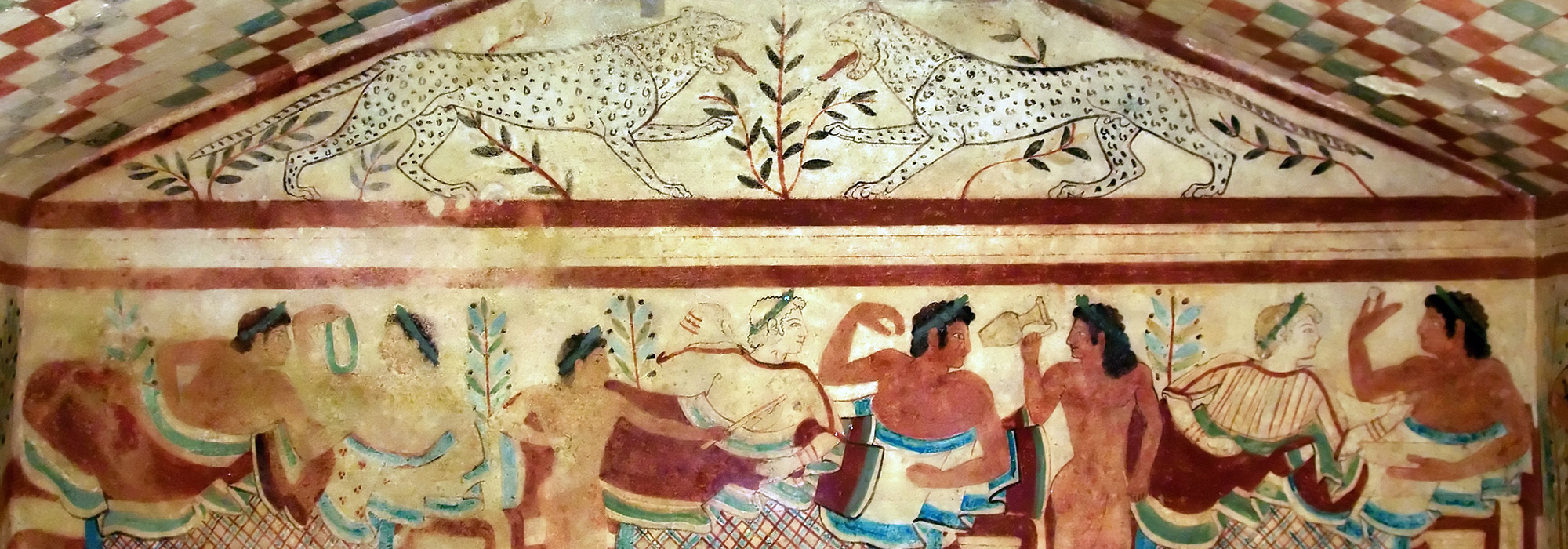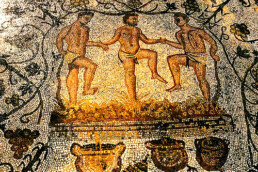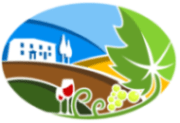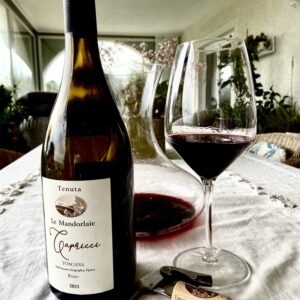
Etruscan winemaking history
 Etruscan Winemaking, which dates back to the 8th to 4th centuries BCE, is an intriguing aspect of the ancient Etruscan civilization, which thrived in what is now modern-day Italy. The Etruscans were known for their advanced agricultural practices, including grape cultivation and winemaking. Here is a brief overview of Etruscan winemaking.
Etruscan Winemaking, which dates back to the 8th to 4th centuries BCE, is an intriguing aspect of the ancient Etruscan civilization, which thrived in what is now modern-day Italy. The Etruscans were known for their advanced agricultural practices, including grape cultivation and winemaking. Here is a brief overview of Etruscan winemaking.
Grape Cultivation for Etruscan winemaking
The Etruscans were among the earliest grape cultivators in ancient Italy. They selected and planted grapevines in regions with suitable soil and climate conditions. Their extensive knowledge of viticulture allowed them to grow a variety of grape varieties.
Etruscans used Terracotta Amphorae
The Etruscans were pioneers in the use of terracotta amphorae for wine storage and transportation. These large, earthenware vessels were ideal for storing and fermenting wine. The design of these amphorae, with a pointed bottom, allowed for easier stacking and transportation. Etruscans also decorated these amphorae with intricate artwork, often depicting scenes related to wine and revelry.
Etruscan Winemaking Techniques
Etruscan winemaking techniques were relatively simple but effective. Grapes were harvested and crushed, with the juice and skins typically left in contact for fermentation. Wild yeast present on the grape skins initiated the fermentation process. The resulting wine was placed in the terracotta amphorae, where it would ferment and age.
Wine Quality and Varieties
Etruscan wines were considered of high quality, and they were produced in various styles. They had both red and white wines, and their preference for certain grape varieties influenced the wine produced. One of the primary grape varieties used by the Etruscans was Aleatico, a red grape known for its sweet and aromatic characteristics.
Wine as a Etruscan Cultural Symbol
Wine held a significant cultural and social importance in Etruscan society. It was not only a staple in everyday life but also played a central role in religious and ceremonial rituals. Banquets and feasts often featured wine as a symbol of conviviality and celebration.
Trade and Export
The Etruscans were renowned traders, and their wine was highly sought after in the Mediterranean region. Wine was one of the commodities exchanged in their vast trading networks, and it played a crucial role in their economic prosperity.
Wine Presses and Cellars
Etruscans used wine presses to extract juice from the grapes. These presses were typically made of stone or wood and were often found in winemaking facilities or in proximity to vineyards. They also constructed underground cellars for aging and storing wine, taking advantage of the stable temperature and humidity levels.
Etruscan Tombs and Wine
Etruscan tombs frequently contained wine-related artifacts, including amphorae, drinking vessels, and even vineyard scenes painted on tomb walls. These findings highlight the significance of wine in Etruscan funerary customs, suggesting that they believed in an afterlife where wine remained an essential part of existence.
Influence on Roman Winemaking
The Etruscans significantly influenced the winemaking traditions of their Roman neighbors. When the Romans conquered Etruria in the 4th century BCE, they adopted many Etruscan viticultural practices and incorporated them into their own winemaking culture.
Etruscan winemaking represents a fascinating chapter in the history of wine production, highlighting the skill and expertise of this ancient civilization in cultivating grapes, producing wine, and the cultural significance they attached to this beverage. Their use of terracotta amphorae, in particular, set a precedent for winemaking vessels and storage methods in the Mediterranean region for centuries to come.

